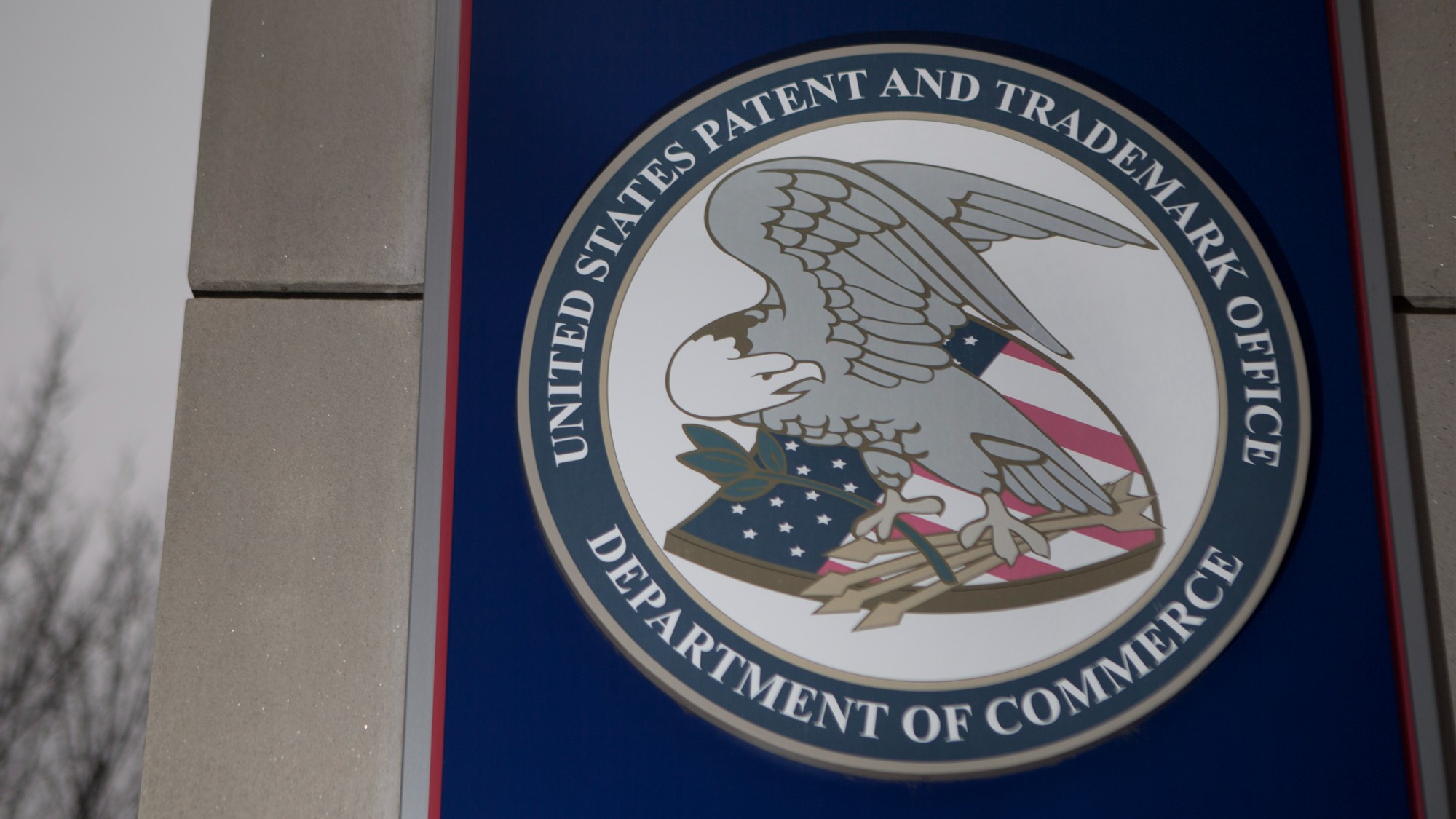The 'anti-woke' agenda is going to cost taxpayers big bucks
Ron DeSantis' grudge against Disney might be good politics, but it's bad for Florida


Anti-woke politics might be great for rallying GOP voters, but it also makes for lousy governance.
Take Florida, please. Republican Gov. Ron DeSantis on Friday signed a bill that revokes a special tax district which essentially gave Disney governing powers on its theme park land at Orlando. Whatever you think about that longstanding arrangement — or corporate power in general — the new law was plainly an act of revenge, a thuggish (and probably unconstitutional) bit of Republican retaliation for Disney's belated opposition to the controversial "Don't Say Gay" law approved just a few weeks earlier by the state's GOP-led legislature.
So much for the First Amendment rights of businesses.
Subscribe to The Week
Escape your echo chamber. Get the facts behind the news, plus analysis from multiple perspectives.

Sign up for The Week's Free Newsletters
From our morning news briefing to a weekly Good News Newsletter, get the best of The Week delivered directly to your inbox.
From our morning news briefing to a weekly Good News Newsletter, get the best of The Week delivered directly to your inbox.
"You're a corporation based in Burbank, California, and you're gonna marshal your economic might to attack the parents of my state," DeSantis said before signing the anti-Disney law. "We view that as a provocation, and we're going to fight back against that."
Here's the not-so-funny part: The state government's commitment to "fighting back" probably means hurting Florida taxpayers. It's a complicated story, but the gist of it is that revoking Disney's tax district essentially puts area residents on the hook for more than $1 billion in bonds the company used to pay for things like water service and new roads on its land. Local homeowners could see their taxes jump by 20 percent as a result.
Oops.
Or maybe not. The new law undoing Disney's tax district doesn't actually take effect until June 2023, and observers think the company and the state might work out some kind of accommodation by then. The whole incident might end up as little more than a showy, performative in-kind contribution from the Florida Legislature to DeSantis' incipient 2024 presidential campaign.
Still, a question is raised. Can states and their citizens thrive when their Republican leaders are dedicated to little more than owning the libs, Donald Trump-style?
Maybe not. Florida isn't the only example. In Texas, Gov. Greg Abbott earlier this month locked up his state's border with Mexico with "secondary inspection" of trucks entering the country — ostensibly to halt the flow of drugs and migrants, but probably also to try to embarrass President Biden on immigration. (Abbott also bused unwanted migrants to the steps of the U.S. Capitol, an obvious stunt.) The inspections halted traffic, bogged down the flow of goods in an economy still facing pandemic-era supply chain snarls, and reportedly cost Texas more than $4 billion in economic activity. Also: No migrants or drugs were found. The whole thing was a bust.
Abbott got to make his point, theatrically. The people of Texas paid for it.
Anti-woke, anti-Democratic governance has dominated the agendas of Republican-led state governments in recent months. Several have come up with bills that let parents sue teachers and schools for teaching "critical race theory" or — like Florida — mentioning anything related to gender identity in the classroom, for stocking books on those topics in school libraries, or for any reason at all. Texas and Florida have also taken steps to limit tenure protections for "Marxist" professors at public universities — however many of those are left.
Public universities aren't just places where students party for four years before moving on to real life — they're engines of research and economic growth for their states. One 2019 report suggested that technology created at the University of Florida alone generated $2.4 billion and 10,000 jobs for the state's economy. And K-12 schools are important for making citizens, but also workers: They're where most Americans learn the basic skills they'll use in their offices, factories, and other workplaces over the course of their lifetimes. Will teachers and professors want to work in red states if they have to constantly be worried about lawsuits and job security? And what would it mean for those states' economies if they don't? Will corporations want to do business in states where government leaders will bully them for having bad politics?
Not so long ago, Republicans used the culture wars to distract voters away from their unpopular economic agenda of making the rich richer at just about everybody else's expense. These days, the culture wars seem to be the entire point. But it's not clear that the GOP's anti-woke governing agenda will actually make red states better places for their residents to live and prosper. And it's not clear that Republican politicians like Ron DeSantis actually care.
A free daily email with the biggest news stories of the day – and the best features from TheWeek.com
Joel Mathis is a writer with 30 years of newspaper and online journalism experience. His work also regularly appears in National Geographic and The Kansas City Star. His awards include best online commentary at the Online News Association and (twice) at the City and Regional Magazine Association.
-
 AI is creating a luxury housing renaissance in San Francisco
AI is creating a luxury housing renaissance in San FranciscoUnder the Radar Luxury homes in the city can range from $7 million to above $20 million
-
 How carbon credits could help and hurt the climate
How carbon credits could help and hurt the climateThe explainer The credits could be allowing polluters to continue polluting
-
 5 tips for building a healthy skincare routine for tweens and teens
5 tips for building a healthy skincare routine for tweens and teensThe Week Recommends Social media is pushing overly elaborate routines for young skin
-
 The last words and final moments of 40 presidents
The last words and final moments of 40 presidentsThe Explainer Some are eloquent quotes worthy of the holders of the highest office in the nation, and others... aren't
-
 'The answer isn't to shake faith in the dollar'
'The answer isn't to shake faith in the dollar'Instant Opinion Opinion, comment and editorials of the day
-
 13 potential 2028 presidential candidates for both major parties
13 potential 2028 presidential candidates for both major partiesIn Depth A rare open primary for both parties has a large number of people considering a run for president
-
 The JFK files: the truth at last?
The JFK files: the truth at last?In The Spotlight More than 64,000 previously classified documents relating the 1963 assassination of John F. Kennedy have been released by the Trump administration
-
 'This new reality contradicts one of the chief aims of America's patent system'
'This new reality contradicts one of the chief aims of America's patent system'Instant Opinion Opinion, comment and editorials of the day
-
 'Seriously, not literally': how should the world take Donald Trump?
'Seriously, not literally': how should the world take Donald Trump?Today's big question White House rhetoric and reality look likely to become increasingly blurred
-
 Is Ron DeSantis losing steam in Florida?
Is Ron DeSantis losing steam in Florida?Today's Big Question Legislative Republicans defy a lame-duck governor
-
 'The Mountain West has acquired a whole new mythos, updated for the high-tech era'
'The Mountain West has acquired a whole new mythos, updated for the high-tech era'Instant Opinion Opinion, comment and editorials of the day
